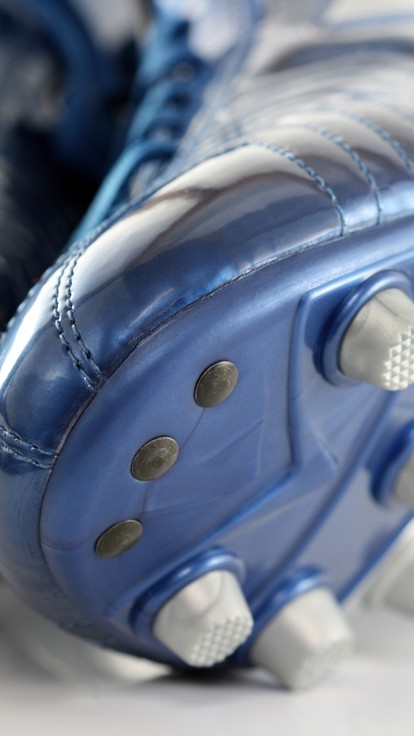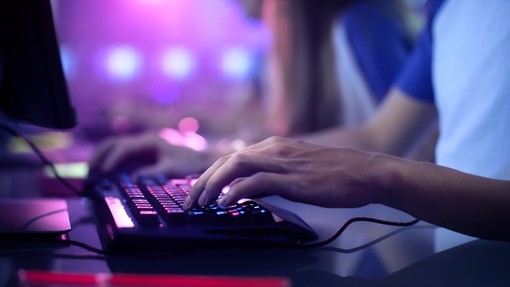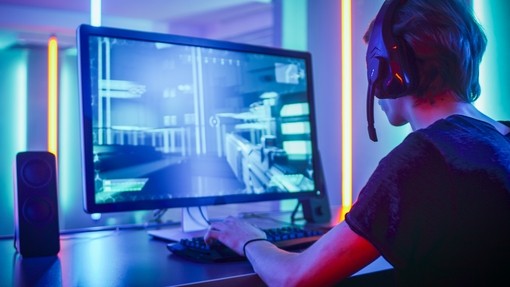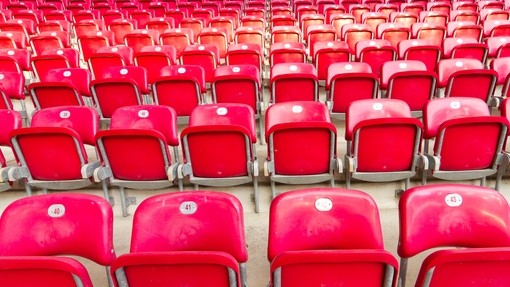Diving – what do the rules say?

Details
At the start of the 2017/18 football season, it was announced that the FA would now have the power to retrospectively ban players if they judged they had been guilty of simulation, or more accurately, ‘successful deception of a match official’. There have already been some high profile players who have fallen foul of this new provision, including Everton’s Oumar Niasse and West Ham’s Manuel Lanzini.
What is it though, that the regulations say? And what is the difference between being adjudged to have dived during a match as opposed to retrospective punishment?
It is a well-established principle, under Law 12 of the FA’s Laws of the Game, that a player should be cautioned for ‘unsporting behaviour’. Unsporting behaviour includes ‘attempts to deceive the referee e.g. by feigning injury or pretending to have been fouled (simulation)’. The situation during a game therefore is relatively straightforward – if a referee believes a player is deceiving him or her, they are to issue a yellow card.
Why then is it that those players caught diving during a game only face a yellow card, but those caught diving retrospectively face a ban?
The answer lies in what a retrospective ban can be imposed for. The FA can charge a player for deceiving a match official only in relation to incidents where there has been the successful deception of a match official ‘by way of a clear act of simulation which either leads to a penalty being awarded or the dismissal of an opposing player’. In other words, the player has to have gained an advantage from deceiving the referee which results in an important decision being made (i.e. whether to send a player off and/or award a penalty red card) incorrectly.
The FA has of course included these provisions for practical reasons. It would be impossible to review all allegations of diving given the sheer volume of incidents that might give rise to and the fact that, in reality, most simulation is unlikely to have had any real impact on the game.
What the FA wish to punish are blatant instances of simulation which have given the player’s team, through the player’s actions, a competitive advantage during the match. Of course, if a referee spots a dive, there is no advantage, the player is cautioned and there is no overall unfair impact on the result.
The intention behind a retrospective ban for simulation which results in a red card/penalty is to try to off-set the advantage a player has gained during a match which can, of course, not be undone after the game has finished. Retrospectively imposing only a caution in those circumstances would not be sufficient, would not be seen as a punishment equivalent to the advantage gained and would not be any real deterrent. The position, therefore, is that if a player is to take the risk of diving, they are better to be caught during the game than after it. It is for the player to decide whether the risk of receiving a retrospective ban is worth deceiving the referee in to awarding a red card or a penalty.






